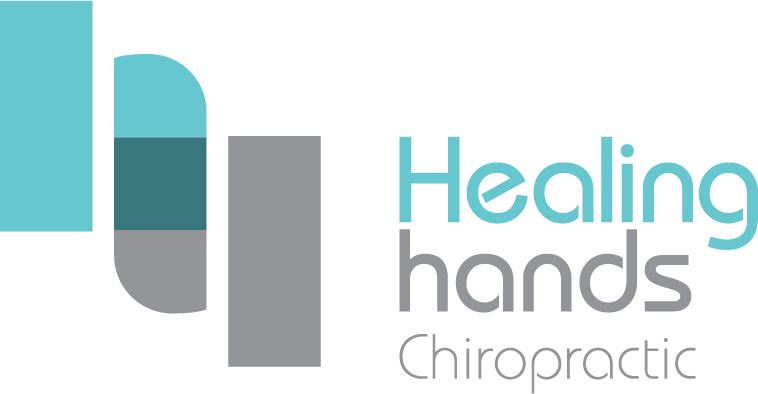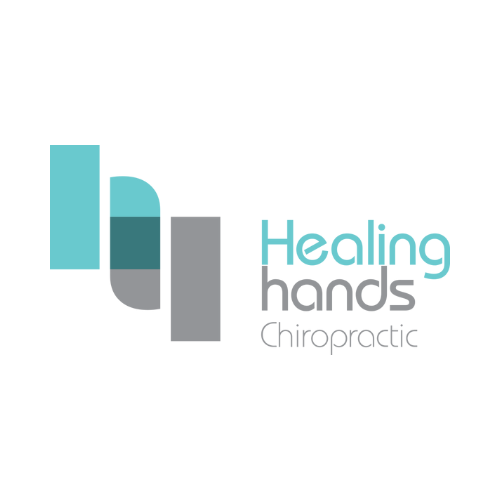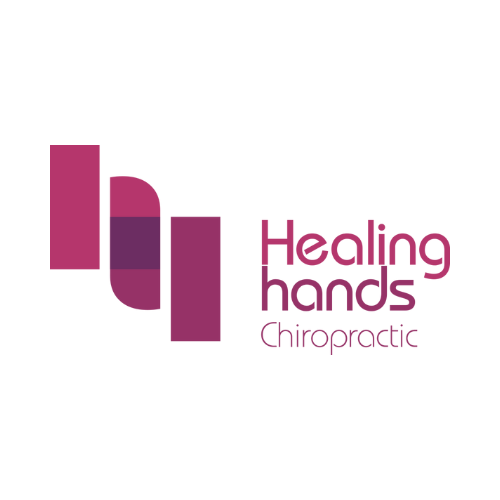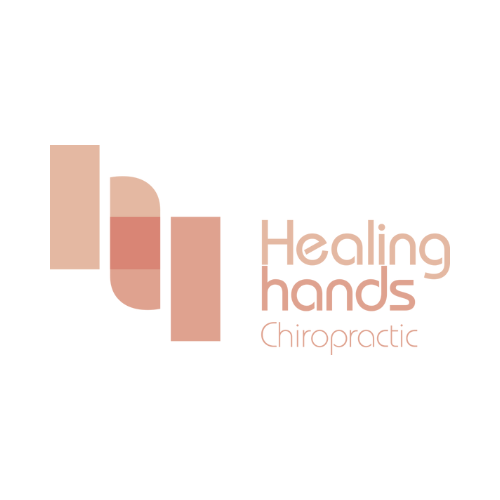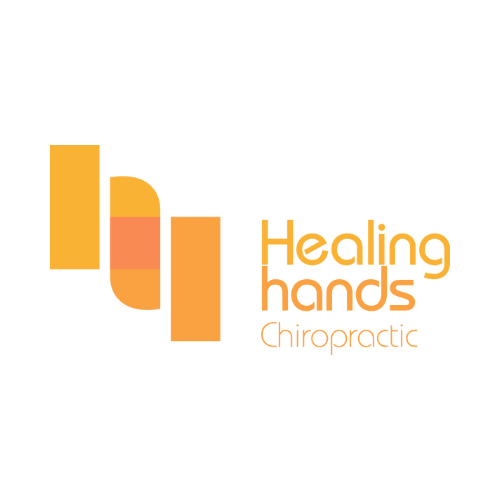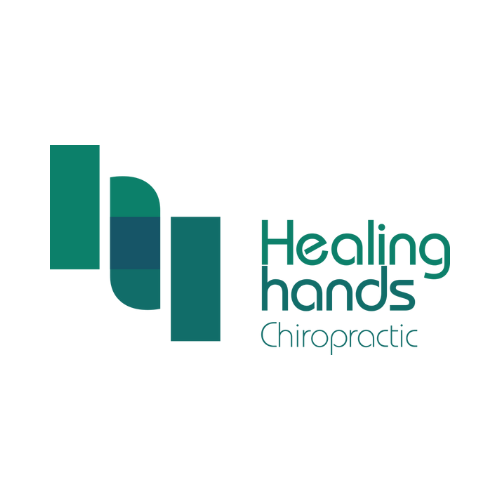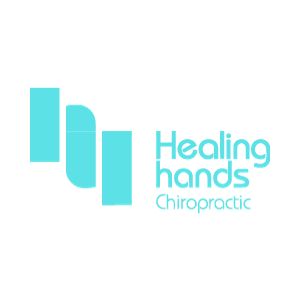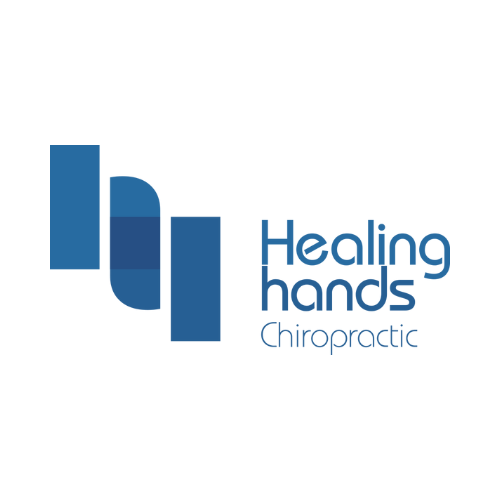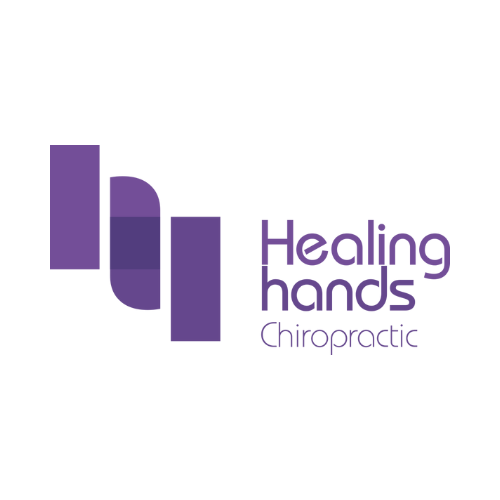Temporomandibular Joint Disorder (TMJ)
What is TMJ disorder?
TMJ disorder, also known as temporomandibular joint disorder or TMD, refers to a group of conditions that affect the temporomandibular joint (TMJ) and the muscles surrounding it. The TMJ is the joint connecting your jawbone to your skull, and it allows you to move your jaw, enabling actions such as talking, chewing, and yawning. TMJ disorder can manifest in various ways and may cause pain and discomfort in the jaw joint and the surrounding areas.
What are the symptoms of TMJ disorder?
The symptoms of TMJ disorder can vary from person to person, but here are some common signs and symptoms:
Jaw pain or tenderness: You may experience pain or tenderness in the jaw joint or the muscles of the jaw.
Difficulty or discomfort while chewing: TMJ disorder can make it painful or uncomfortable to eat certain foods or fully open your mouth.
Clicking or popping sounds: You might hear clicking, popping, or grating sounds when you open or close your mouth. This can be accompanied by a feeling of the jaw getting stuck or locked.
Facial pain: TMJ disorder can cause facial pain that may radiate to the neck and shoulders.
Headaches or migraines: Some individuals with TMJ disorder may experience recurring headaches, migraines, or earaches.
Jaw muscle stiffness: The muscles around the jaw may feel tight or tense, leading to stiffness and limited jaw movement.
It’s important to note that these symptoms can be caused by other conditions as well, so it’s essential to consult with a healthcare professional for a proper diagnosis if you’re experiencing any of these symptoms. A dentist or a chiropractor may be able to evaluate your symptoms and provide appropriate treatment options.
What are the complications from TMJ disorder?
TMJ disorder can lead to various complications and additional symptoms if left untreated or if the underlying cause is not addressed. Some potential complications of TMJ disorder include:
Chronic pain: TMJ disorder can cause persistent pain in the jaw, face, neck, and shoulders, impacting daily activities.
Limited jaw movement: TMJ disorder may result in difficulty fully opening or closing the mouth, affecting eating, speaking, and yawning.
Headaches and migraines: Recurring headaches or migraines can be triggered by TMJ disorder, leading to head discomfort.
Ear-related symptoms: TMJ disorder can cause ear pain, ringing in the ears (tinnitus), or a feeling of fullness in the ears.
Sleep disturbances: TMJ disorder, especially when associated with teeth grinding, can disrupt sleep, causing restlessness and jaw stiffness.
Dental problems: TMJ disorder may contribute to tooth wear, cracked teeth, or damage to dental restorations.
Emotional impact: Chronic pain from TMJ disorder can lead to increased stress, anxiety, or depression, affecting overall well-being.
The common causes of TMJ disorder:
The exact cause of TMJ disorder is often unclear, but several factors can contribute to its development. These factors includes:
Jaw injury: Trauma to the jaw joint, such as a blow or impact, can lead to TMJ problems. This can occur due to accidents, sports injuries, or physical altercations.
Teeth grinding and clenching (bruxism): Persistent teeth grinding or clenching can put excessive pressure on the TMJ and the surrounding muscles, leading to the development of TMJ disorder.
Jaw misalignment or bite problems: Malocclusion, which refers to the misalignment of the teeth or the jaw, can affect how the TMJ functions. An abnormal bite can cause stress and strain on the TMJ, contributing to the disorder.
Arthritis: Various forms of arthritis, such as osteoarthritis or rheumatoid arthritis, can affect the TMJ and result in inflammation and pain.
Muscle tension and stress: Increased muscle tension in the jaw and face, often associated with stress or anxiety, can contribute to TMJ disorder. Habits like clenching the jaw or grinding the teeth under stress can worsen the condition.
Poor posture: Maintaining poor posture, particularly in the neck and upper back, can affect the alignment of the jaw and contribute to TMJ problems.
Do i need to see a doctor for TMJ disorder? When should I see a doctor?
Here are some indications of when you should consider seeing a doctor for TMJ disorder:
Persistent or worsening symptoms: If your TMJ disorder symptoms don’t improve with self-care or worsen over time, it’s advisable to see a doctor.
Difficulty with jaw movement: If you have trouble opening or closing your mouth or experience significant limitations in jaw movement, seek medical attention.
Severe pain or functional impairment: If TMJ-related pain is severe, affecting daily activities, or causing significant functional problems, consult a doctor.
Suspected dental complications: If TMJ disorder is causing dental issues like tooth wear or damage to dental restorations, seek medical evaluation.
Impact on daily life: If TMJ disorder is interfering with daily activities, causing emotional distress, or disrupting sleep patterns, see a doctor.
If you suspect that you have TMJ disorder or if you are experiencing symptoms related to the condition, it is advisable to consult a healthcare professional. While mild cases of TMJ disorder may resolve on their own or with self-care measures, it is still beneficial to seek medical advice for an accurate diagnosis and appropriate treatment options.
What are the treatments for TMJ disorder?
The treatment for TMJ disorder can vary depending on the severity of symptoms and the underlying causes. Here are some common treatment options that healthcare professionals may recommend:
Self-care measures: Applying heat or cold packs, practicing stress reduction, avoiding hard or chewy foods, and doing gentle jaw exercises.
Medications: Over-the-counter pain relievers, muscle relaxants, or prescribed medications to manage pain and reduce inflammation.
Dental treatments: Orthodontic adjustments, dental splints, or mouthguards to improve bite alignment and reduce teeth grinding.
Physical therapy: Jaw exercises, stretching, and modalities like ultrasound or moist heat to improve jaw mobility and relieve muscle tension.
Transcutaneous electrical nerve stimulation (TENS): Low-level electrical currents applied to the jaw muscles to relieve pain and reduce tension.
Injections: Corticosteroid injections into the TMJ to reduce inflammation and alleviate pain.
Surgery: Considered as a last resort for severe cases, involving joint repair, replacement, or arthroscopy to address structural issues.
Chiropractic treatment: Chiropractic care may include spinal and joint adjustments, soft tissue mobilisation, and other techniques to address the misalignments and alleviate TMJ symptoms.
Is chiropractic treatment good for TMJ disorder? Should i see a chiropractor?
Chiropractic care for TMJ disorder may involve techniques such as spinal adjustments, manual manipulation of the jaw, soft tissue therapy on the surrounding muscles, and prescribe specific exercises to improve jaw mobility. Chiropractors may also provide recommendations for posture correction and lifestyle modifications to support jaw health.
Here are some points to consider when deciding whether to see a chiropractor for vertigo:
Pain relief: Chiropractic care can help alleviate jaw pain, headaches, and facial discomfort associated with TMJ disorder.
Improved jaw mobility: Chiropractic techniques aim to enhance the range of motion in the jaw joint, restoring normal movement.
Addressing musculoskeletal issues: Chiropractic adjustments target misalignments in the spine and neck that may contribute to TMJ symptoms.
Muscle tension reduction: Chiropractic treatments can relax tight muscles in the jaw and surrounding areas, reducing strain on the TMJ.
Non-invasive approach: Chiropractic care offers a non-surgical option for managing TMJ disorder without invasive procedures.
Complementary to other treatments: Chiropractic care can work alongside other TMJ treatments, providing a comprehensive approach.
Chiropractic treatment can be considered as one of the potential options for managing TMJ disorder. Chiropractors focus on the musculoskeletal system and can provide treatments aimed at addressing misalignments, muscle tension, and joint dysfunction.
Why Choose Us?
Healing Hands Chiropractic has been in the industry for 12 years and has a team of experienced chiropractors dedicated to helping patients with pain relief and management. We are experienced in TMJ disorder and are able to help you to manage the pain using holistic and effective means. Healing Hands Chiropractic Singapore is one of the most reviewed and trustable chiropractic clinic. With over 1600+ five star reviews and real before vs after patients photos, you can entrust us with your health!
Get Rid of the pain today
Want To Have a Healthier and Happier life?
Book Your Appointment Today!
What To Expect During Your 1st Visit
Identifying postural imbalances to detect any differences in weight between the right and the left sides of the body, alignment from our head all the way down
to our hips. Tyron thermographic spinal scan helps to measure the muscle temperature around the spine. It detects areas with the greater temperature where muscles are working harder due to poor posture.
1-on-1 consultation with our Chiropractors with a detailed review of your health history.
Our Chiropractor will investigate and educate you on the necessary steps forward in reaching your health goals.
Our Chiropractors will perform a series of range of motion tests to determine your current body condition and an adjustment will be administered if deemed
clinically safe to do so.
Our Chiropractors will use their hands or a small instrument to apply a controlled force to the spinal joints. “Crack” or “Pop” sound may occur as your spine gets manipulated. Do not be alarmed, as the adjustment releases trapped gasses from your joints.
X-Rays will be prescribed so that we can accurately diagnose your condition before prescribing a customized treatment program. It is also for your safety and for us to rule out any possible underlying conditions that cannot be treated by Chiropractic.
The review of your X-rays is complimentary at your following visit if you take up the X-rays with our preferred diagnostic partners.
Frequently Asked Questions
A chiropractor provides non-invasive treatments with the benefits of spinal adjustments and realigning the joints to improve the system and function throughout the body.
In general, chiropractors believe in the ability of the body to self-heal through Chiropractic adjustment with the help of modalities such as the Flexion distraction table, E-stim, Denneroll, and functional exercises. They also utilize various other treatment modalities such as ultrasound, bodywork, etc. to get patients back to health.
We recommend seeing one if you are experiencing any discomfort, pains or aches in your muscles or joints. Check out the list of conditions we treat here.
Most importantly, do not wait until you are experiencing pain or worse, numbness to see a chiropractor. Often, pain is the last thing that shows up but the first to go away after chiropractic treatment.
There is no better time to visit the highest rated chiropractor in Singapore. Book your appointment here.
Chiropractic adjustment should not be painful. However, in some instances when the injury is either acute (happened recently) or sub-acute(on the road to recovery), the muscles and ligaments may prove to be guarded or sensitive to the touch, these are some exceptions.
A thorough examination of your complaints and conditions can alleviate any concerns that you may have.
It is a very safe & accurate thermographic scanner that scans the full spine or segmental parts of the spine in approximately 15 seconds. The Tytron detects areas of asymmetry as well as indicate areas with greater temperature due to acute soft tissue damage.
The Tytron scanner uses precision sensors, speciality lenses and a unique focusing system to give the chiropractor the most accurate and repeatable information available. You will be given a print out of your result on the first visit.
Book your first appointment with us to experience the Healing Hands chiropractic journey.
X-rays are recommended if you want to take care of your condition holistically and to get to the root of the issues. It is also for the patients safety and for us to rule out any possible underlying conditions that cannot be treated by Chiropractic adjustment. Just like your regular health check up, X-rays serve to give you and the chiropractor an insight to your spinal health as our naked eyes can only tell a rough story.
Our Chiropractors will use their hands or a small instrument to apply a controlled force to the spinal joints.
A “Crack” or “Pop” sound may occur as your spine gets manipulated. Do not be alarmed, as the adjustment releases trapped gasses from your joints.
Yes, we have both Male and Female Chiropractors at Healing Hands Chiropractic Singapore.
Our Female Chiropractors are stationed at Healing Hands Ang Mo Kio.and Healing Hands Bedok
All our Chiropractors believe in personalised care supported by time-tested techniques enhanced with the most efficient time frame. All our Chiropractors embody our 3 core values; Care For Patient, Integrity and Attention to Detail.
Yes, neck adjustments are a very safe treatment when performed by chiropractors as they are trained in the correct techniques to manipulate the joints safely. Healing Hands chiropractors also ensure that it is clinically safe enough for the adjustment before they perform it. This is also one of the reason why X-rays are required before more customised treatment can be done to ensure that your body is able to receive it.
The benefits of getting chiropractic treatment helps with reducing pain and increase joint mobility. We’ve written an article all about it here.
There also seems to be a lot of concern about the safety of getting adjusted by a chiropractor. However, when done by a professional chiropractor, spinal manipulation and Chiropractic care are generally considered safe, and effective treatments for acute pain.
Healing Hands Chiropractic Singapore has been treating thousands of patients since 2010 and many have benefited from it.
We hope to tell people more about chiropractic so that more can come to understand and appreciate how chiropractors can help with the various conditions for the people in Singapore.ut chiropractic so that people can understand and appreciate Chiropractic.
According to MOH, there are currently 150 chiropractors in Singapore. Choosing the most effective chiropractor for you may be challenging.
That is why we have written an article about 5 ways to find a good Chiropractor. In short,
1) Know your own health goals.
2) Integrity and confidence of the Chiropractor.
3) Word of mouth or reviews about the Chiropractor.
4) Clinical competency and experience of the Chiropractors.
5) The willingness of the Chiropractor to refer out.
